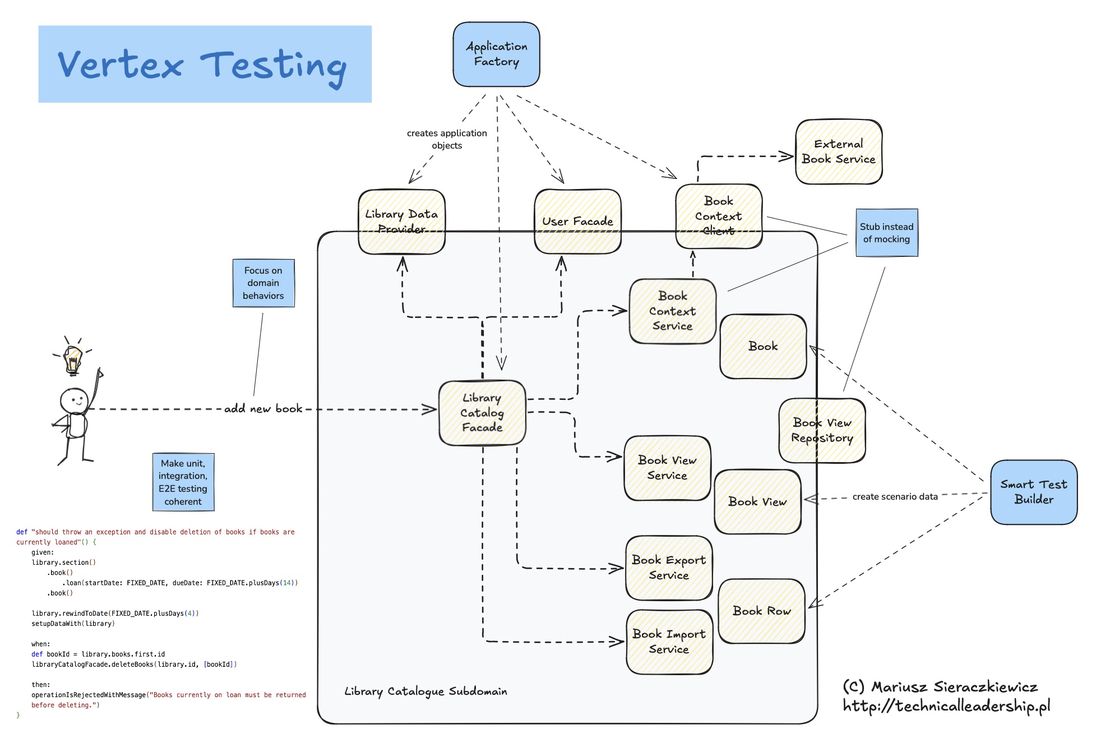Renounce Nothing, Attach to Nothing...
- Mariusz Sieraczkiewicz
- Personal growth , Philosophy
- May 16, 2013
Table of Contents
Renounce Nothing, Attach to Nothing…
Today I experienced an “AHA” moment in a certain area. Since the topic is universal, I decided to share it. This is somewhat a continuation of a post from a year ago.
I once read a sentence by Anthony de Mello which states, “Renounce nothing, attach to nothing.” A philosophical statement that, although seemed correct in every respect, was so abstract that I found it hard to translate into pragmatic application. However, I have now discovered its practical meaning and importance.
Once upon a time, I didn’t like waking up early. I hated it. I could call myself a “night owl” personality – I like staying up late, but you couldn’t get me out of bed in the morning. After a few years and the influence of external factors such as children, I started to have to wake up early. What’s more, after a few months, waking up early ceased to be a torment for me. Sure, I enjoy staying up at night, but if I need to get up early, it’s not a big problem. And then it hit me…
I used to be so identified with the thought that waking up early was torture and that it wasn’t ME that the very idea of getting up in the morning made me angry. And once I got up, it was best to stay out of my way. Now it doesn’t make a difference to me. I feel that in this area I possess the space of choice, not necessity. I felt great relief. That’s what “Renounce nothing, attach to nothing” means.
And I saw how it applies to so many areas… Not just within programming projects ;-)
(Text translated and moved from original old blog automatically by AI. May contain inaccuracies.)
